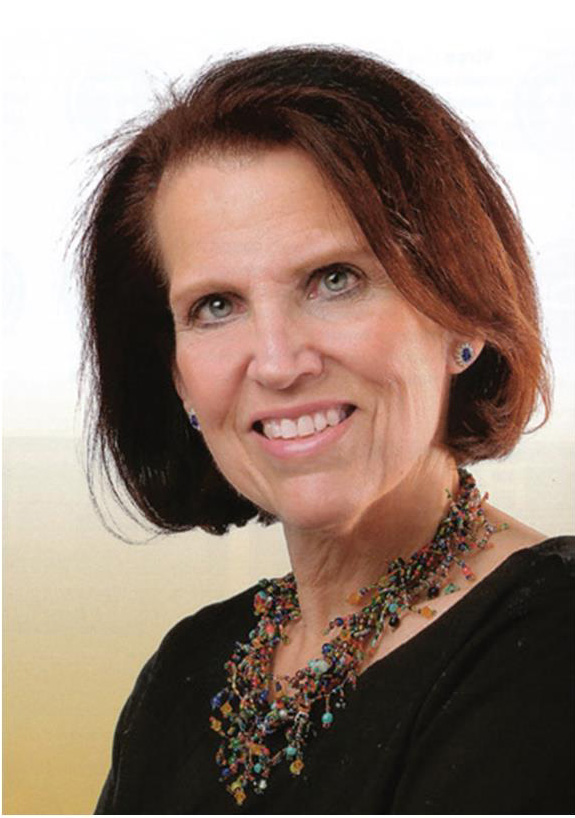The U.S. healthcare system is a patchwork of disconnected billing systems, coding procedures, and third-party payment networks. Providers input codes, insurers process them with automated systems, and the patient ends up holding the bag for any mismatches or oversights.
Hidden Causes Behind Sky-High Bills
CPT and ICD coding errors that inflate charges
Out-of-network providers billing full price at in-network facilities
Upcharging for supplies like gloves, gowns, or syringes
Duplicate billing for the same procedure or medication
Lack of coordination between insurance, provider, and lab services
These errors often go unnoticed by patients who assume the bill must be correct. But that assumption costs Americans billions every year.
What Does a Healthcare Billing Advocate Do?
A healthcare billing advocate is a trained specialist who examines medical bills, identifies errors, negotiates charges, and coordinates with insurers and providers to fix inaccuracies. Their work ensures patients aren’t paying more than they should—or worse, going into debt over avoidable charges.
Primary Services Offered
Itemized Bill Review: Auditing charges line by line for inconsistencies and red flags
Insurance Communication: Verifying benefits, pre-authorizations, and claim status directly with payers
Provider Dispute Resolution: Challenging excessive charges and pushing for discounts or financial assistance
Appeals Management: Preparing and submitting appeals for denied insurance claims
Payment Plan Negotiation: Securing zero-interest or reduced balance payment agreements
Healthcare billing advocates serve as the liaison you didn’t know you needed—navigating the chaos and clearing a path to resolution.
When Should You Hire a Healthcare Billing Advocate?
Timing matters. While you can bring in an advocate after receiving a bill, earlier is often better—especially if you know a procedure or hospitalization is coming up.
Key Moments to Engage a Billing Advocate:
After a major surgery, hospitalization, or ER visit
When you receive multiple bills from different providers for the same care
If you get a denial from your insurance company
When you’re billed for out-of-network charges at an in-network facility
If a bill is over $1,000 and doesn’t clearly explain what you’re paying for
When you’re feeling overwhelmed and don’t know where to start
FAQs About Working With a Healthcare Billing Advocate
Q: Do healthcare billing advocates work for the hospital or the patient?
A: Independent advocates work for you. Some hospital billing departments have patient reps, but their loyalty may lean toward protecting the provider’s financials.
Q: Are these services covered by insurance?
A: Typically not. However, the cost of a billing advocate is often far less than what you could save on a single corrected bill.
Q: What’s the average cost for an advocate?
A: Costs vary. Some charge hourly ($75–$150), others a flat fee per case, or a percentage of savings (usually 25%–35%).
Real-Life Case: How One Advocate Reduced a Bill from $19,800 to $3,200
A patient in New Jersey was billed nearly $20,000 after an in-network surgical procedure. The surgeon was covered, but the anesthesiologist and radiologist were not—something the patient wasn’t told.
After hiring a healthcare billing advocate:
The advocate obtained itemized bills and insurance EOBs
Cited state-level protections under surprise billing laws
Challenged out-of-network fees using Medicare rates as benchmarks
Negotiated directly with the providers to reduce the charges
Outcome: The final bill was reduced to $3,200, and the patient avoided collections and credit damage.
Legal Leverage Advocates Use to Support Patients
A great billing advocate doesn’t just argue. They reference legal standards and policy documents that carry weight in negotiations.
Key Legal Frameworks Advocates Know Inside-Out:
No Surprises Act: Protects patients from surprise out-of-network charges in emergencies or certain in-network settings
Fair Credit Reporting Act (FCRA): Helps remove inaccurate or disputed medical debts from credit reports
State-level balance billing laws: Vary by region but can be powerful tools when negotiating unfair charges
Charity Care Policies: Many nonprofit hospitals are required to offer financial assistance programs—but don’t advertise them
Advocates use these protections as pressure points when insurers or providers won’t budge.
How to Choose a Qualified Healthcare Billing Advocate
Not all advocates are the same. Look for professionals with relevant experience, strong referrals, and transparency in pricing and process.
What to Look For:
Experience in medical billing, insurance claims, or case management
Certifications (such as BCPA, NAHAC membership, or a medical billing background)
Client testimonials or success case studies
Independent status (not affiliated with providers or insurance carriers)
Clear, upfront fee structure
Interview a few before deciding, and ask: “What’s your process when challenging an inaccurate bill?”
Why Waiting Can Cost You
Bills sent to collections don’t just hurt your wallet—they damage your credit and add legal pressure. The earlier you involve a billing advocate, the more negotiating power you have.
Warning Signs You Need Help Now:
You’ve received a final notice or pre-collections letter
The bill includes vague or duplicate charges
You’re receiving conflicting info from the provider and your insurance
A bill has been sent to collections and you believe it’s wrong
Your deductible or out-of-pocket max has already been met, but you’re still being billed
Take Control of Your Medical Bills Before They Take Control of You
You don’t need to be a medical coder, legal expert, or financial strategist to get a fair bill—you just need the right partner. A healthcare billing advocate brings clarity to a confusing system and gives you the leverage most patients never knew they had.
Ready to Stop the Madness and Start Saving?
If your medical bills don’t add up, or you’ve received a surprise charge, don’t go it alone. Call Adria at MedWise Insurance Advocacy at (845) 978-9493 today.
She’ll help review your bill, challenge errors, and negotiate with your insurer or provider—so you can focus on healing, not haggling.
Start your path to clarity and savings with one phone call. Take control now.

